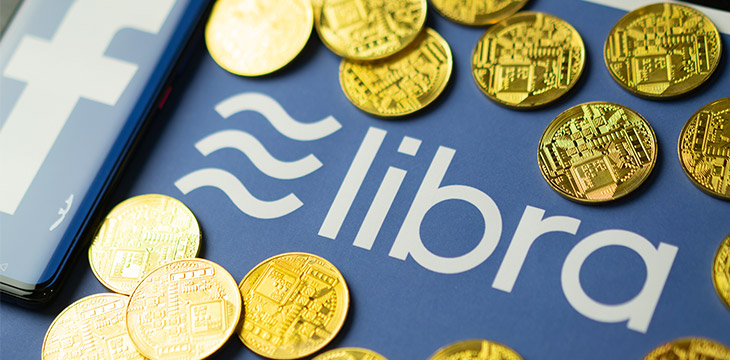|
Getting your Trinity Audio player ready...
|
Stablecoins have recently fallen off their pedestal for several reasons. It hasn’t helped that Tether, the first major stablecoin project with its USDT token, has kept investors in the dark over its holdings and is facing lawsuits for changing its framework midstream. However, the thought of Facebook offering a stablecoin like Libra has really caused regulators to shudder and become fearful that stablecoins could lead to a rise in money laundering activities.
The Financial Action Task Force (FATF) presented an update to its anti-cryptocurrency stance last Friday, asserting that stablecoins, and the companies that create them, are a risk that can only be mitigated through new global standards directed at the crypto industry. The president of the FATF, Xiangmin Liu, was quoted by Reuters saying, “If stablecoins were to become widespread, it could potentially lead to new risks regarding money laundering and terrorist financing.”
The Chinese leader was speaking during a meeting of the Group of Seven in Paris that took place from October 16-18. It saw representation from more than 800 delegates across 205 international jurisdictions, and its main focus was reviewing global financial guidelines, as well as how to address the increase in popularity of digital currency and stablecoins.
Facebook had been completely ready to introduce its Libra stablecoin before international regulatory backlash appeared. Initially expected to be pegged to a basket of fiat currencies, it became apparent over the weekend that Facebook executives aren’t sure what solution will work best, and this only adds more difficulty in accepting the company’s ability to issue a responsible financial solution.
David Marcus, the head of the Libra project, said over the weekend that the blowback seen over Libra has caused Facebook executives to reconsider how to value the stablecoin. Now, it’s possible that the coin could be based on several stablecoins, not on fiat. According to Reuters, Marcus explained at a banking seminar in the U.K., “We could do it differently,” he said. “Instead of having a synthetic unit … we could have a series of stablecoins, a dollar stablecoin, a euro stablecoin, a sterling pound stable coin, etc. We could definitely approach this with having a multitude of stablecoins that represent national currencies in a tokenized digital form. That is one of the options that should be considered.”

 03-01-2026
03-01-2026 




